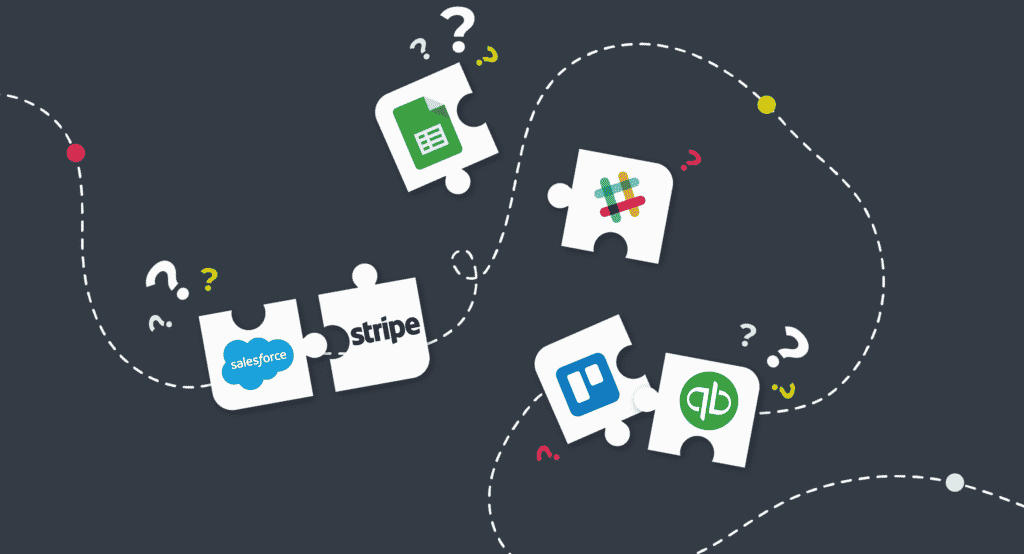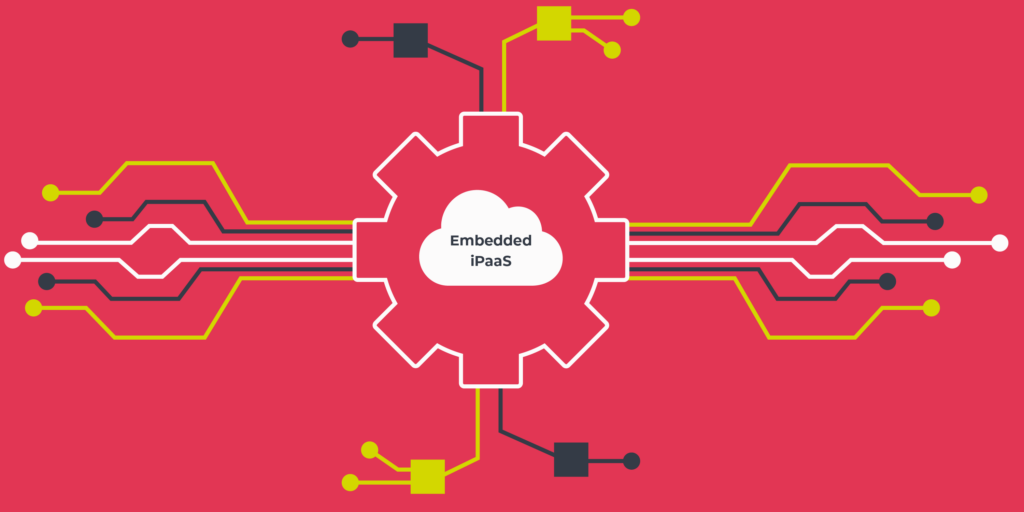
In the fast-paced and ever-evolving landscape of business, adaptability is the key to survival. One crucial aspect that underpins this adaptability is enterprise scalability. For enterprises, scalability is not just a buzzword. Rather a strategic imperative that can make or break their success in a dynamic market.
“Scalability allows a business to grow and generate revenue without being held back by its structure or lack of resources. As a company’s sales volume increases, it can maintain or boost its efficiency.” Business.com
We explore the significance of scalability to an enterprise. As well as how it can drive growth, enhance efficiency, and future-proof business operations.
Why is scalability important?
Business scaling is the deliberate expansion of a company to meet market requirements, enhance productivity, and boost profit margins. It holds significance as, without proper scaling, an organisation may not reach its maximum capabilities or, in a more dire scenario, face complete failure.
Enterprise Scalability
Adapting to Growth and Demand
Scalability refers to the ability of a system or process to handle an increasing amount of work or growth. In the context of an enterprise, this can manifest in various forms, such as an uptick in customer demand, expansion into new markets, or the introduction of new products and services. A scalable business model is like a flexible and resilient framework that can seamlessly adapt to these changes without compromising performance.
Consider a successful e-commerce platform that experiences a surge in traffic during holiday seasons. Without a scalable infrastructure, the website could buckle under the increased load, leading to slow response times, outages, and a poor user experience. On the other hand, a scalable system would automatically allocate resources to handle the higher demand, ensuring that customers can make purchases without any disruptions. This adaptability is not only crucial for customer satisfaction but also for maintaining a competitive edge in the market.
Operational Efficiency and Cost Management
Scalability is not only about handling growth but also about optimising resource utilisation. In a scalable enterprise, resources, whether they be computing power, human capital, or financial investments, are utilised efficiently. This efficiency not only enables the business to operate smoothly under varying workloads but also contributes to effective cost management.
Take cloud computing as an example. Cloud services allow enterprises to scale their computing resources up or down based on demand, paying only for what they use. This not only eliminates the need for large upfront investments in infrastructure but also ensures that the business is not burdened with unnecessary costs during periods of low demand. Scalability, in this sense, becomes a strategic tool for aligning resources with operational needs, contributing to improved profitability and sustainability.
In other words, scaling requires a smart integration of technology into business operations.
Innovation and Competitive Advantage
In today’s rapidly changing business landscape, innovation is a constant driver of success. Enterprises that can quickly adapt to emerging technologies and market trends gain a competitive advantage. Scalability plays a pivotal role in fostering an environment that encourages innovation.
Scalable systems provide a foundation for experimenting with new ideas, products, and services. Whether it’s testing a new feature on a website or launching a pilot program in a new market, scalability allows enterprises to iterate and innovate without the fear of overwhelming their existing infrastructure. This agility is a potent weapon in the arsenal of any enterprise striving to stay ahead in an increasingly competitive marketplace.
Future-Proofing Business Operations
The business world is inherently unpredictable, with disruptions and unforeseen challenges lurking around every corner. A scalable enterprise is better equipped to weather these storms and emerge stronger on the other side. By building scalability into the core of their operations, businesses can future-proof themselves against uncertainties.
Consider the impact of the COVID-19 pandemic on businesses worldwide. Companies with scalable digital infrastructure found it easier to transition to remote work, maintain customer communication, and adapt their operations to the new normal. In contrast, those relying on rigid, non-scalable systems struggled to cope with the sudden changes. The ability to scale allowed some enterprises not only to survive but also to thrive in the face of adversity.
How can enterprise scalability be achieved?
These are just a handful of important considerations or approaches you could take to achieve scaling your Enterprise.
Implement Processes to Support Your Business as It Grows
Scalability is not solely about expanding operations; it requires a robust foundation of processes that can adapt and evolve with the growing demands of the business. Implementing scalable processes involves streamlining workflows, optimising resource allocation, and adopting technologies that facilitate automation. By establishing a scalable infrastructure, you ensure that the business can efficiently handle increased workloads without compromising quality or efficiency.
Investing in scalable technologies, such as cloud computing and enterprise resource planning (ERP) systems, can provide the flexibility needed to accommodate growth. These technologies enable seamless collaboration, data management, and resource allocation, laying the groundwork for a scalable and agile enterprise.
Regularly assess and refine your processes to identify bottlenecks and areas for improvement. This continuous improvement mindset ensures that your business operations remain efficient and adaptable as they scale. Additionally, fostering a culture of innovation and adaptability among employees will contribute to the overall scalability of the organisation.
Identify What Can Be Outsourced
Outsourcing is a key strategy for achieving enterprise scalability. Identify non-core functions and activities that can be outsourced to specialised service providers. This allows your internal teams to focus on core competencies and strategic initiatives. Common areas for outsourcing include customer support, IT services, and certain aspects of manufacturing or production.
When outsourcing, establish clear communication channels and performance metrics to monitor the effectiveness of the external partners. Choose outsourcing partners carefully, considering their expertise, reputation, and ability to scale alongside your business. A well-executed outsourcing strategy not only improves operational efficiency but also provides the flexibility needed to scale rapidly without the burden of managing all aspects of the business internally.
Achieving enterprise scalability requires a strategic and multifaceted approach. With these elements in place, your enterprise can navigate growth challenges effectively and seize opportunities for expansion in a dynamic business landscape.
To Scale or Not to Scale
In conclusion, the importance of scalability to an enterprise cannot be overstated. It is not merely a technical consideration but a strategic imperative that influences every facet of a business’s operations. Scalability empowers enterprises to adapt to growth, operate efficiently, innovate, and future-proof their operations.
In a world where change is the only constant, scalability is the key that unlocks the doors to sustained success and resilience for any enterprise. Embracing scalability is not just a choice; it’s a necessity for those who aim to thrive in the dynamic landscape of modern business.



